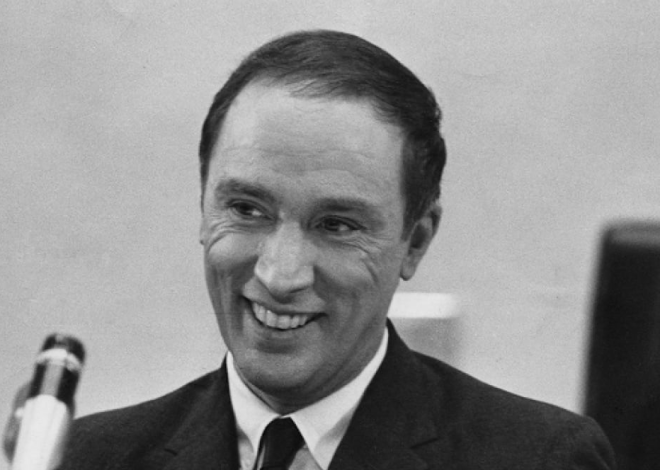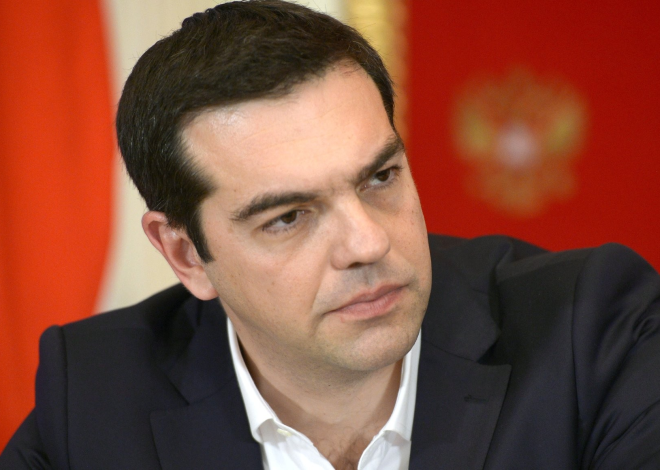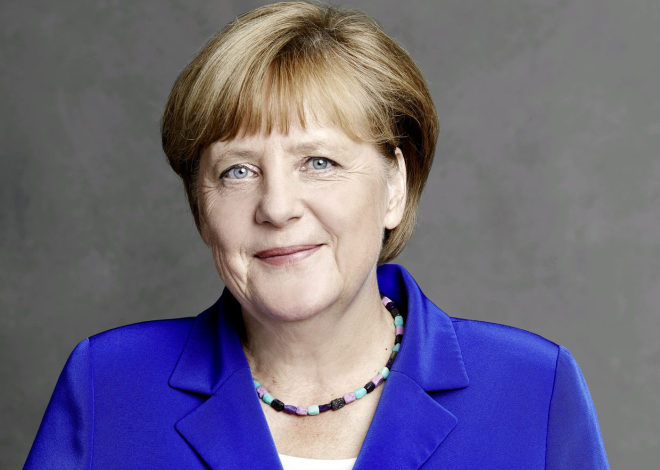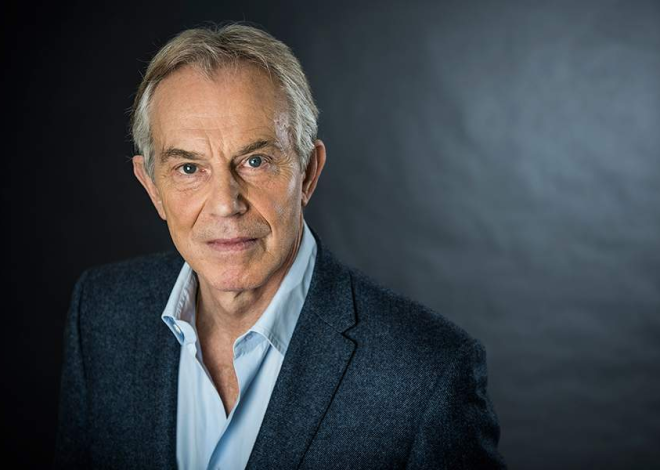
Helmut Kohl
Helmut Kohl (3 April 1930 – 16 June 2017) was a German statesman who served as the Chancellor of West Germany from 1982 to 1990 and then as the Chancellor of a reunified Germany from 1990 to 1998. He played a central role in the reunification of Germany and was a prominent figure in European politics.
Here is a detailed history of Helmut Kohl:
Early Life and Education:
- Kohl was born in Ludwigshafen, Germany. He grew up in the Rhineland-Palatinate region, which would later become his political stronghold.
- He studied law and political science at the University of Frankfurt and later completed his doctorate in political science at the University of Heidelberg.
Early Political Career:
- Kohl’s political career began at a young age. He was elected to the Rhineland-Palatinate state legislature in 1959 and became the state’s Minister for Youth, Family, and Health in 1966.
- He was known for his conservative political views and strong support for the Christian Democratic Union (CDU), a center-right political party in Germany.
Rise to National Politics:
In 1969, Helmut Kohl was elected as the Minister President (equivalent to a state governor) of Rhineland-Palatinate, a position he held until 1976. He was one of the youngest heads of a West German state.
Chancellorship:
- In 1982, following a vote of no confidence in Chancellor Helmut Schmidt, Kohl was elected as the Chancellor of West Germany. He led the CDU/CSU (Christian Social Union) coalition.
- Kohl’s tenure as Chancellor coincided with significant events in Europe, including the end of the Cold War and the fall of the Berlin Wall.
Reunification of Germany:
- One of Helmut Kohl’s most notable achievements was his role in the reunification of Germany. In 1990, after the fall of the Berlin Wall, he worked tirelessly to bring together East and West Germany.
- On October 3, 1990, East and West Germany were officially reunified into a single nation. Kohl’s leadership during this period was instrumental in the peaceful reunification process.
Domestic Policies:
Kohl’s domestic policies included economic reforms, efforts to strengthen the German welfare state, and a focus on German unity.
European Leadership:
He was a staunch supporter of European integration and played a key role in the negotiations leading to the Maastricht Treaty, which laid the foundation for the European Union (EU).
Chancellorship and Defeat:
- Kohl was reelected as Chancellor in 1994. However, his fourth term was marked by growing unpopularity, partly due to economic challenges and political scandals.
- In 1998, Kohl’s CDU/CSU coalition was defeated in the general election, and he stepped down as Chancellor.
Later Life:
- After leaving office, Kohl remained active in politics and international affairs, focusing on issues related to reunified Germany and European integration.
- His later years were marked by legal and political controversies, including investigations into illegal campaign financing during his time as Chancellor.
Death and Legacy:
- Kohl passed away on 16 June 2017 at the age of 87.
- He is remembered as a historic figure who played a central role in the reunification of Germany and the advancement of European integration. Despite later controversies, his contributions to modern German and European history remain significant.
Kohl’s leadership and commitment to the peaceful reunification of Germany earned him a place in history as one of the key architects of a united and democratic Germany at the heart of a changing Europe.







